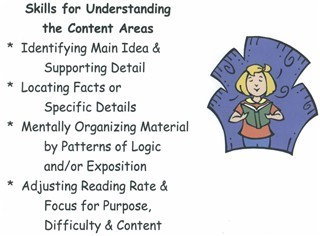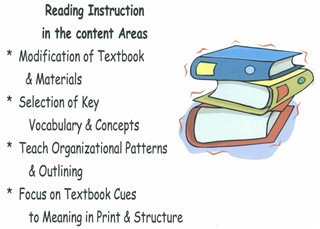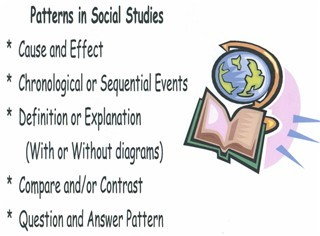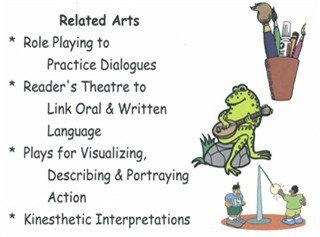|
Ms. Merashoff's Intensive Reading Classroom at HOME...I've Retired. |
HOME OF THE
|
"There is more treasure in books than in all the pirate's loot on Treasure Island." — Walt Disney
Reading Strategies For Content Area Teachers
|
| ESOL | WORLD HISTORY ACTIVITIES | LATIN AND GREEK ROOTS | TEXT STRUCTURES & TEXT FEATURES | VOCABULARY PRACTICE ACTIVITIES | FLIPPED CLASSROOM LESSONS |
|
|
|
|
Compiled By: Ms. Merashoff
READ, READ, READ!!!
(General Links) (Science) (Social Studies) (Math) (Language Arts) Home/Intensive Reading/Content Area Teachers/
Definition: Content-area literacy refers to
the ability to learn through reading. Learning in all content areas is
supported by strong reading comprehension strategies and study skills.
Students need to know how to apply a variety of reading comprehension
strategies to different types of texts, analyze the structures and
features of expository (informational) texts, and select and vary their
reading strategies for different texts and purposes. Teachers need to
model and provide explicit instruction in these skills and strategies
and provide students with frequent opportunities for guided and
independent practice using them. (Source: Supplement to the Program
Certification Handbook Elementary Reading Instruction; Adopted Content
Specifications for the Reading Instruction Competence Assessment (RICA),
California Commission (General Links) (Science) (Social Studies) (Math) (Language Arts)
READING STRATEGIES THAT ASSIST CONTENT AREA READING Reading in the Content Area PowerPoint How to Boost Your Students' Understanding of Your Content Area: Be a Reading Teacher! Content Area Reading for English Language Learners Comprehending Non-Fiction: The Power of the Highlighter Nonfiction Text Features:Pre-reading strategies to increase comprehension of nonfiction texts READING STRATEGIES THAT ASSIST CONTENT AREA READING Secondary Teachers' Reading Strategies Recommended Resources for Reading Comprehension Study Skills and Reading Strategies for the Content Area 20 Best-Practices Reading Strategies Awesome Stories A premier site for primary sources in any content area. Awesome Stories is a guide to fascinating links scanned on-line by the world's great institutions: The Library of Congress, National Archives, the British Museum, the BNF in Paris, a nd hundreds of universities, libraries, historical societies and museums world-wide. Stories behind famous events, legends, people, heroes and movies will help you to examine primary source material yourself. After weighing the available evidence, you and your STUDENTS can reach your own conclusions Multiple Intelligences The updated version of Gardener's theory. (General Links) (Science) (Social Studies) (Math) (Language Arts)
Science Help, Ideas and Strategies
Reading the Periodic Table: Learn to read and identify the properties of the periodic table
The
Blackout Syndrome-Online Science Mysteries for Students. puzzles of logic and leaps of intuition, is a natural way to teach science. We hope that this fictional online story will help biology students around the world to get inspired by the real mysteries awaiting them beyond the classroom. Access Excellence of the National Health Museum A national science education program that provides high school biology and life sciences teachers access to their colleagues, scientists, and critical sources of new scientific information via the World Wide Web. IMSEnet Homepage: Instructional Materials for Science Education contains many lesson plans, ideas, and resources.
(General Links) (Science) (Social Studies) (Math) (Language Arts)
Social Studies Help, Ideas and Strategies
Questioning the Author: Making Sense of Social Studies
Lesson Plans and Teaching Strategies:
This is a wonderful web site with
hundreds of lesson plans for all grades. I highly recommend checking
this site out because it is easy to use and contains a lot of good
information.
Social Studies: This is another excellent web site
with many links on lesson plans, multimedia, strategies, ancient worlds,
geography, museums, resources, and organizations. Making Sense in Social Studies
(General Links) (Science) (Social Studies) (Math) (Language Arts)
Math Help, Ideas and Strategies
Smile Program Mathematics Index: This is a collection of 200 concept lessons in the areas of Geometry and Measurement, Patterns and Logic, Probability and Statistics, Recreational and Creative Math, Practical and Applied Math, Arithmetic, Graphs and Visuals, Algebra and Trigonometry, and Miscellaneous. The Math Forum: This site includes discussion boards, lesson plans, excellent math resources, and the current issues in math.
Language Arts Help, Ideas and Strategies
Awesome Library: There is a wealth of information on
this web site. It contains major categories in reading and writing,
poetry, bilingual and ESL, creative writing, drama, public speaking,
literature, and lesson plans. These categories link to another set of
comprehensive categories. This site is well organized. If you are
looking for a place to start, this is it. Find out your READING level. Creative Thinking - Reading & Writing Skills
(General Links) (Science) (Social Studies) (Math) (Language Arts)
Related Arts Help, Ideas and Strategies
Physical Education Lessons 1: 41 lesson plan ideas for physical education. These lesson plans include game rules, health lessons, and lessons that relate to other content areas. It also contains a link to Lesson Plans 2. Reading in PE/Health is more that reading about sport/fitness. Everyone needs to be knowledgeable about health issues which impact them and their family—prevention, treatment, knowledgeable consumers of health products. Social image of PE is the biggest barrier—students must be active and therefore PE isn’t a place for reading. Need to change this mindset. Time is also a major factor along with the spaces not being conducive to reading. Teachers need to model the importance of reading. Provided some excellent strategies: Vocabulary on the Wall; Following Directions (Cause/Effect); Sequencing; Compare/Contrast; Mystery Athlete (can be modified with games). Disagreed with reading while on the exercise bike/treadmill. Students should be actively engaged in the activity—charting their heart rates, focusing on specific muscle groups, breathing techniques, lung capacity, sharing with partners and getting to know their bodies and the different ranges of exercise for fitness.
(General Links) (Science) (Social Studies) (Math) (Language Arts)
FCAT Explorer – Practice your FCAT Reading and Math skills here! Practice with Reading Comprehension in the FCAT format Graphic Organizers for All Teachers More Graphic Organizers Still More Graphic Organizers And Still More Graphic Organizers Here are Still More Graphic Organizers This Site Will Make Graphic Organizers Especially For You. To Make Assessment Easier...Use A RUBRIC! Have This Website Make A Rubric Just For You.
(General Links) (Science) (Social Studies) (Math) (Language Arts)
Home/Intensive Reading/Content Area Teachers/Links/ Reading Skills and Strategies by CLUSTER For Teachers! (Lesson Plans For Teachers By Skill)
On-Line Classes Click Above For The READING Practice GYM For STUDENTS!
Home/Intensive Reading/Content Area Teachers/Links/
UPDATED: 09/11/19 07:57 PM Find A Broken Link...Have Questions...Email Webmaster...Ms. Merashoff
|
|
|||||
|
Copyright 2008 You.com. All Rights Reserved. |
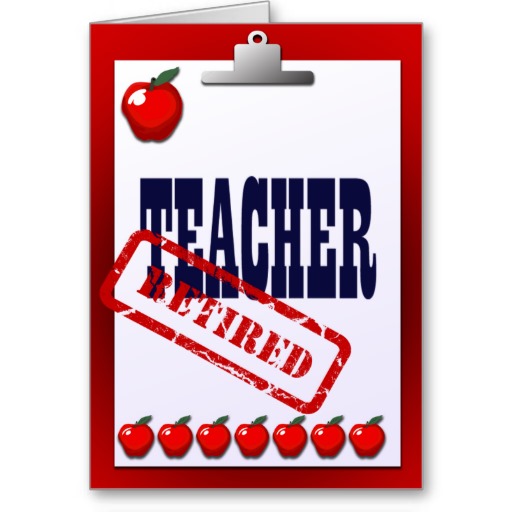


 Content Area Reading...Why? How?
Content Area Reading...Why? How?
